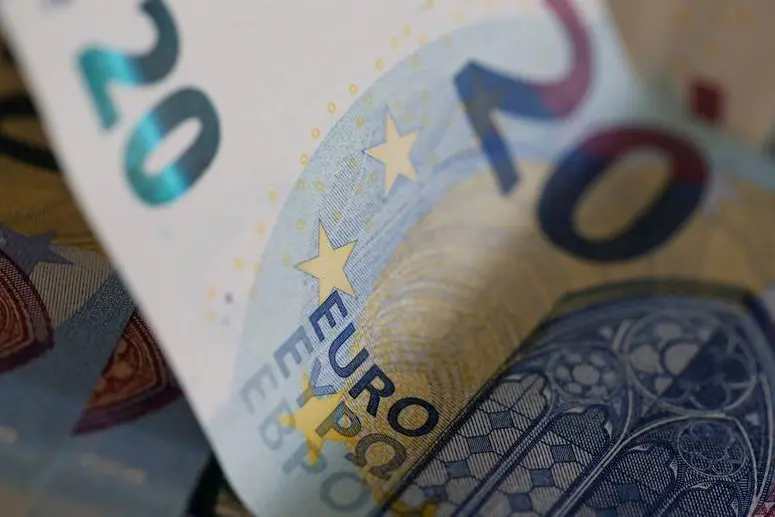PHOTO
NEW YORK - The euro sank to its lowest against the greenback in more than a year on Friday as a plunging Turkish lira sparked broad risk aversion, with investors worried about a contagion effect on European banks.
Turkey’s lira plummeted as much as 18 percent on Friday as worries about President Tayyip Erdogan’s influence over monetary policy and worsening U.S. relations snowballed into a market panic.
The euro was hurt after the Financial Times reported that the European Central Bank had concerns about banks in Spain, Italy and France and their exposure to Turkey’s woes.
Both currencies added to losses after U.S. President Donald Trump said he had authorized a doubling of tariffs on steel and aluminum imports from Turkey. “Our relations with Turkey are not good at this time!,” Trump said on Twitter.
Exposure to Turkey could affect European banks’ bottom lines “and could have a domino effect throughout Europe as people begin to pull out of those banks and into the U.S. That’s why we’ve seen a spike in the dollar,” said Gregan Anderson, macroeconomic strategist at brokerage Bulltick LLC.
The euro dropped below technical support at $1.15 to $1.1393, down 1.15 percent on the day and the lowest since July 2017. Against the yen, the euro slid 1.56 percent to 126.03 yen, a more than two-month low.
“You’ve had a fairly sharp move lower in the euro and it’s broken through key technical levels as well,” said Richard Franulovich, head of FX strategy at Westpac Banking Corp in New York.
Erdogan earlier told Turks to exchange gold and hard currency into lira, framing the crisis as a “national battle” against economic enemies.
“He spoke today sounding very combative and defiant instead of possibly offering a bit of fig leaf to the U.S.,” said Franulovich.
The flight from risky assets heaped pressure on commodity-linked currencies including the Australian dollar, which fell more than 1 percent to $0.7278, the lowest since January 2017.
The dollar index edged only slightly higher after data on Friday showed that core consumer prices rose 0.2 percent in July, in line with economists’ expectations and the same gain as in May and June.
The British pound dropped to its lowest in more than a year on concerns about a "hard" Brexit.
Additional reporting by Tom Finn in London and Rodrigo Campos in New York; Editing by Tom Brown
© Reuters News 2018





















